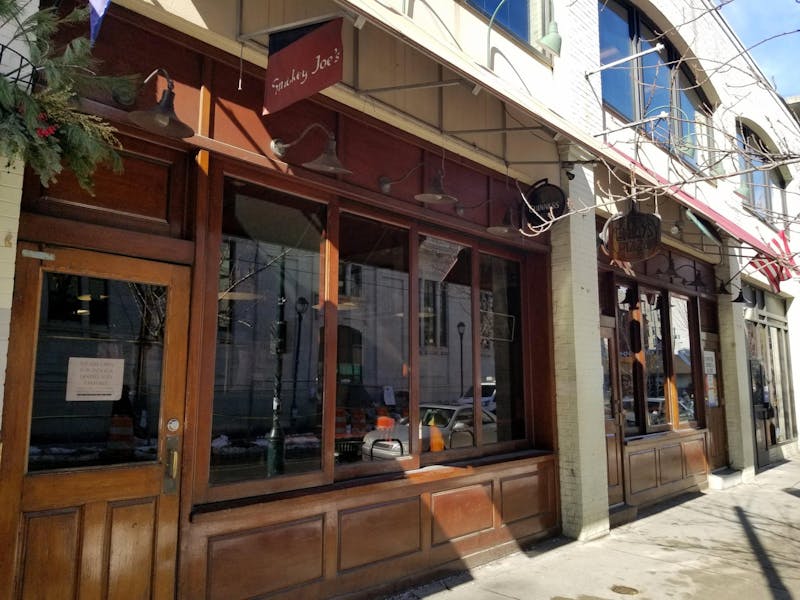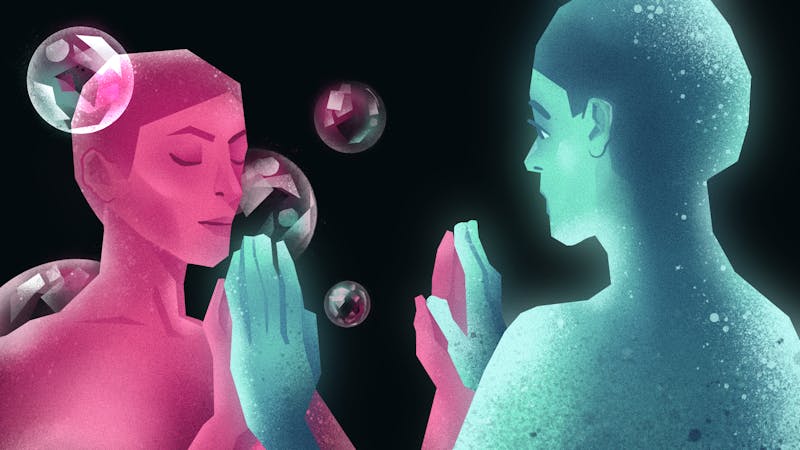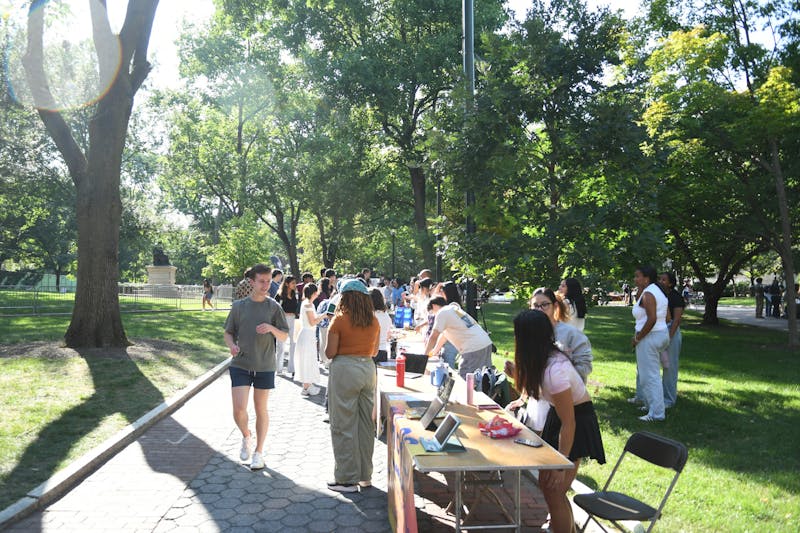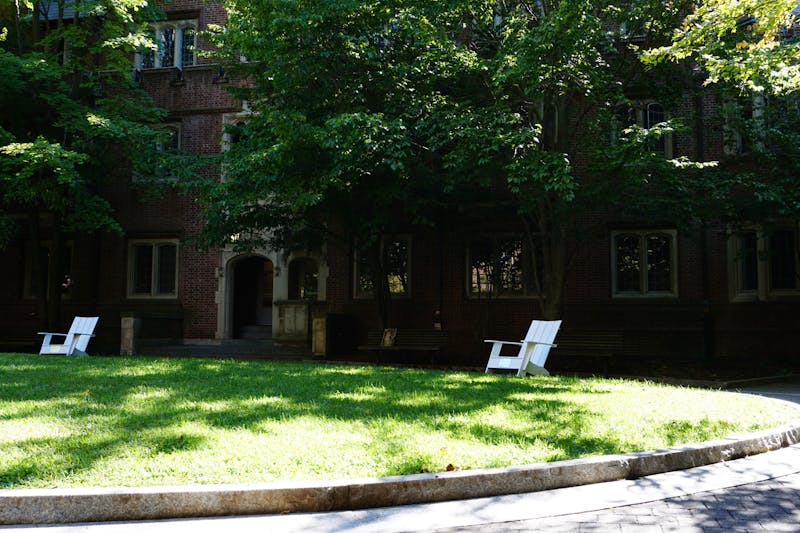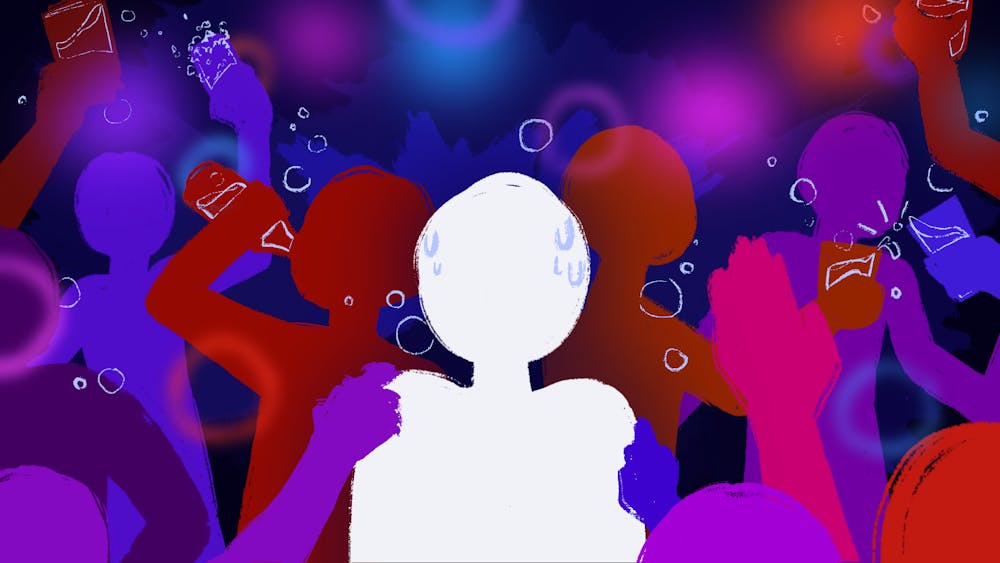
At a party recently, my friends and I were standing outside when we saw a MERT officer pass by quickly.
“Is someone getting MERTed already? Can that even happen?” I asked, because it was not even midnight.
Even after a year of being at Penn, it surprises me how normalized binge drinking is. We say MERTed as if it were any regular verb and not something that implies something has gone utterly wrong at a party. As an outsider to American culture, it astonishes me how normal it seems to black out. In my country, someone stumbling is already considered to have gone over the line.
The question raises itself then: What is it that causes alcoholism on American campuses? How can we solve it?
While it could be argued that lowering the drinking age would normalize moderate alcohol consumption as it diminishes the “thrill of breaking the law”, drinking age has little to nothing to do with Penn’s problem. That is because binge drinking is something beyond a legal matter; it is deeply embedded in American culture.
The fact that “Dry January” is an expression showcases how deeply rooted drinking is in American culture. It implies that avoiding alcohol in American culture can actually be quite hard. Daily happy hours and drinking on weekdays in a variety of contexts — family dinners, business meetings, etc. — make it easy to “fall off the wagon.”
Alcohol is ever present in the American social scene. In 2021, according to the National Institute on Alcohol Abuse and Alcoholism, the average American (aged 21 years or older) consumed 603 standard drinks a year, meaning about 12 drinks per week. Moreover, according to a 2022 survey of Americans that drink, 12% consume an average of more than one drink per day. This doubles the percentage of people that have an alcoholic drink every day in the United Kingdom.
On college campuses, drinking is an essential cultural object. Drinking games, traditions involving drinks, hazing, and partying are all signatures of the college experience. At Penn, partying monopolizes the social scene: Even without meaning to, I have ended up in situations where alcohol is involved — the majority of club socials involve partying, drinking, or BYOB hangouts.
Yes, we drink because it is fun; I do it. But binge drinking on college campuses and in American culture might be linked with the use of alcohol as an escape.
We say it ourselves: work hard, play harder. A study done in 1999 analyzed the causes of binge drinking in work environments by studying several paradigms. One of them, the work-alienation paradigm, suggests that subjects may give in to alcohol consumption when their job's environment offers no input in decision making or control over the job pacing or its content. Sound familiar?
If anything, American campuses are alienating. As students, we get tossed into a deep sea of assignments and requirements with little consideration of our personal life and even our other classes — how many times have you felt professors gave you assignments as if their class was the only one you were taking? A Penn State University study found that students were more likely to drink if they were stressed. With each additional stressor, “the odds of a student drinking went up 8%.” It might not even be a conscious thing students engage in, but the truth is that the huge academic and work pressure of American culture does influence students’ drinking habits.
This hypothesis proves true if compared with other cultures. Alcohol consumption rates of Colombian college students are much lower than that of American college students. While only 25% of students aged 18-22 consume alcohol on a monthly basis in Colombia, 51% of American college students do. Academic environments in Colombia are much friendlier to students given that the pre-professional pressure is definitely less culturally consuming: The first time students engage with a real-life work environment is after they graduate. Moreover, in Europe, college drinking culture is significantly different. American students on European campuses report that though drinking is common, it is not often taken to the extent of blacking out or getting sick regularly.
Work culture that is in itself ingrained and taught at universities definitely has an impact on a country’s drinking culture. Lowering the drinking age will only make what was illegal, legal, but it doesn’t mean that students will stop blacking out or getting hurt. Drinking will exist in spite of policies or reforms because the desire to engage in this activity is much more subconscious than it is related to the law. A cultural shift must be made in American culture to make it less alienating, giving more priority to the self to allow students to take better control of their habits.
MARIANA MARTINEZ is a College sophomore from Bogotá, Colombia. Her email is marmari@sas.upenn.edu.
The Daily Pennsylvanian is an independent, student-run newspaper. Please consider making a donation to support the coverage that shapes the University. Your generosity ensures a future of strong journalism at Penn.
Donate







